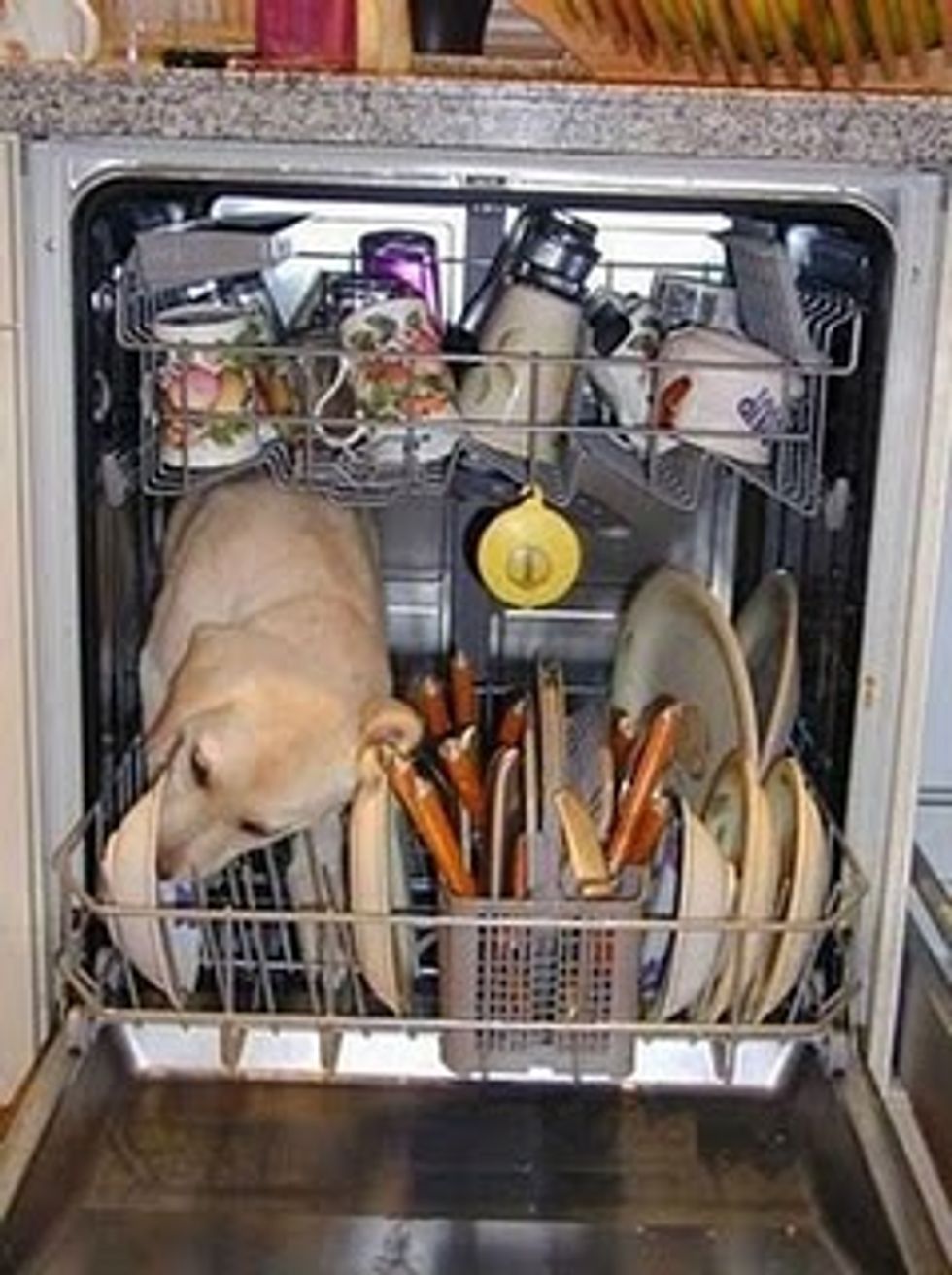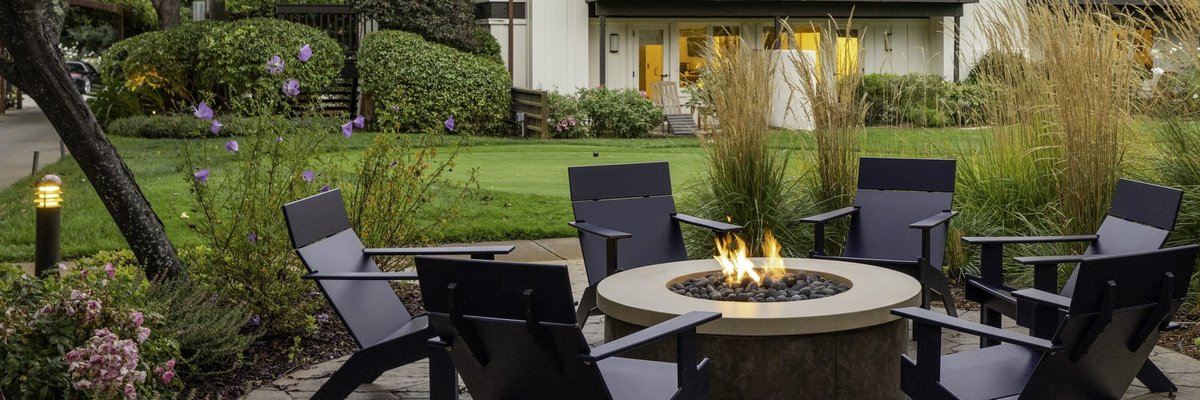Welcome to our weekly 'Ask a Vet from the SF SPCA' feature on 7x7.com. They've enlisted their Co-President, Dr. Jennifer Scarlett, to answer your questions every week. Got a question for Dr. Scarlett? Ask away in the comments!
Q: We have a new Labrador puppy that is not a "self feeder"... he is, well, a garbage disposal. Is there any way to train our new hungry puppy?
A: By garbage disposal do you mean your Lab puppy eats everything in site and/or eats really fast? It isn’t unusual for Labs to do both. If you get a couple of veterinarians in a room we’ll start talking about all the amazing things we’ve had to surgically remove from dogs—especially Labs.My favorite is removing 6.5 pounds of sand from one! Indiscriminate eating can lead to some serious illness and worse. Generally dogs eat fast but some dogs really inhale their food and this can lead to bloating and gastrointestinal disturbances.
Be certain your pup at a normal weight. Pups can go through some growth spurts that leave them ravenous. There are guidelines on how much to feed them but you may have to make some adjustments for growth spurts or days when they’ve really played long and hard at the park. If a pup is really acting hungry after feeding time, offer another handful or two of food. For really young pups, (8-10 weeks old), it is recommended that they eat for about 20 minutes— unless they are gorging themselves. Competition with other dogs can cause unnaturally fast scarfing down of food. Separate your pup from other animals at feeding time so she/he can eat in peace. Last but not least, there are a couple of easy mechanical things you can do to slow down a fast eater. One way is to make it hard to grab a big mouthful of food—see http://www.brake-fast.net/store/home.php —or make a homemade version by simply cleaning off a brick or large rock, (big enough there’s no way your dog will eat it!) in the food bowl. If you feed dry food, try filling a Kong with kibble, sealing the end with wet food then freeze it. Some guardians keep 3 to 4 Kong toys in the freezer so they always have food prepared and ready.
While we can’t answer all of the questions here, please feel free to ask us during our Friday Twitter Ask the Vet Chat. If your animal’s problem is of an immediate nature, please call your vet or you can reach the SF SPCA at 415-554-3030 to make an appointment.




















